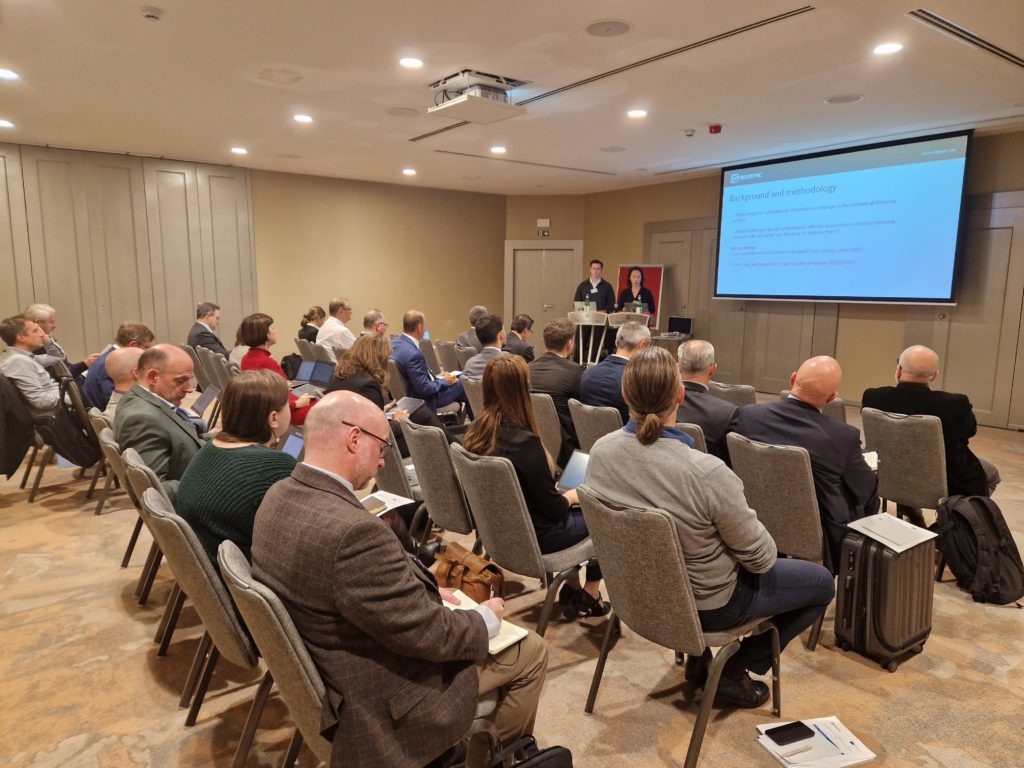Strengthening Firearm Control: Policy advise for Europe, Western Balkans, Ukraine and Moldova
Firearms trafficking and diversion are ongoing critical threats in Europe and neighbouring countries. This is closely linked to inadequate firearms data, divergent national practices on firearms tracing which in turn, hinder international information exchange on firearms.
Background
The lack of harmonization between countries’ legal definitions, national legal frameworks, and firearms registration systems impede efforts to systematically collect and share information that could be used to prevent and detect diversion of firearms to criminal and terrorist organizations within and beyond the EU. The EU-funded project REGISYNC has devoted the past two years in researching the reduction of legal firearms diversion in Europe and partner regions such as, the Western Balkans. Based on field visits and intensive cooperation with stakeholders, the project team developed common minimum standards and effective practices of national firearms registers. Ecorys, together with Center for the study of Democracy and Small Arms Survey, wrote a policy paper on international exchange of information, where different international platforms used in firearms tracing were explored.
Key findings
In the policy paper on international information exchange in firearms control, the project team identified several challenges. The first challenge taps into the multiplicity of platforms used in different jurisdictions, as well as the prioritisation of other platforms over others. This is typically the situation regarding the EU-maintained platforms such as, the Schengen Information System II (SIS II) and the Internal Market Information System (IMI), as these are mandatory for EU Member States. Moreover, non-EU jurisdictions do not have access to IMI and SIS II. This structural limitation renders these platforms essentially closed to third countries. On the operational side, challenges mostly concern the underutilisation of a platform due to increased administrative burden (iARMS), difficulties in retrieving information (SIENA), and technical issues regarding working with the platform and its user-friendliness (IMI). Based on the identified challenges, it is important to highlight a few policy recommendations:
- The establishment of lost/found firearms registries;
- Facilitate standardised data and information entry into national firearms registries and international information exchange platforms;
- Encourage countries to fully utilise iARMS for reporting lost/stolen and found/seized firearms;
- Provide training and awareness raising on international information exchange platforms.
The project culminated in a final conference in Brussels, which brought together stakeholders from international and national law enforcement agencies as well as, other firearms researchers to discuss challenges and future research directions in firearms control and tracing. As there are over 30 million illicit firearms owned by civilians in the EU, there are many avenues to continue future work on reducing firearms trafficking and improving the tracing of firearms.
You can read the full report here.
Final conference in Brussels


3 November 2023
2 minute read
Key Experts
Gabriëlle op 't Hoog
Senior Consultant



